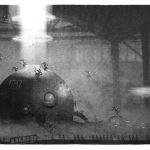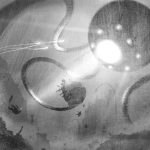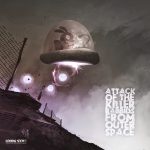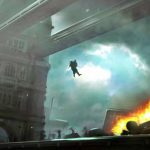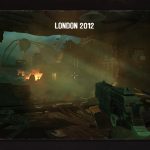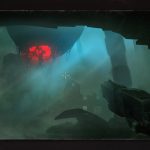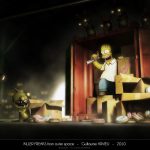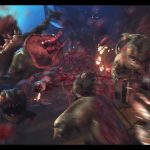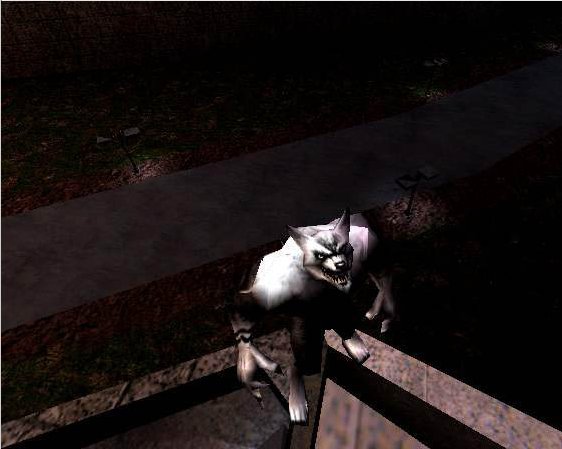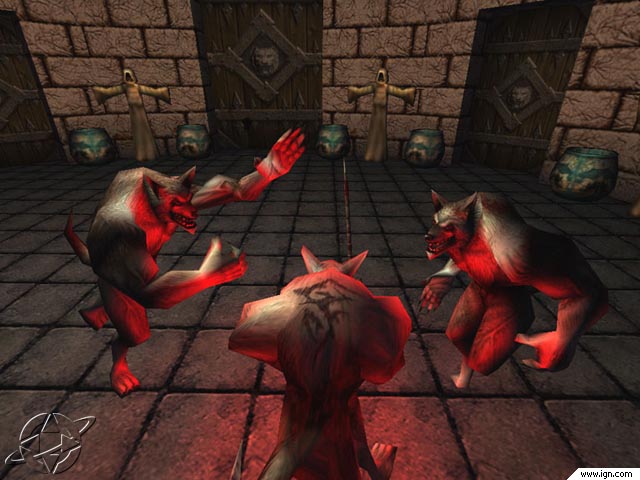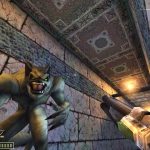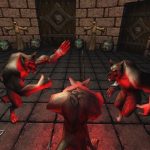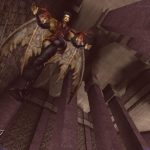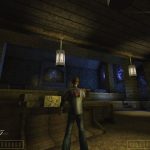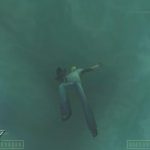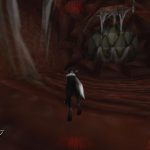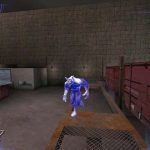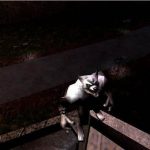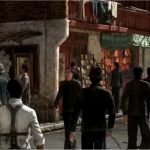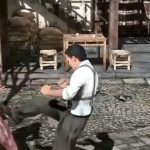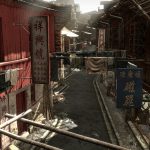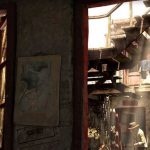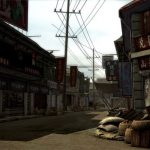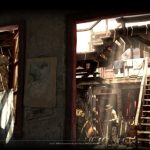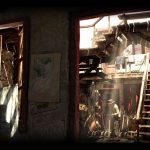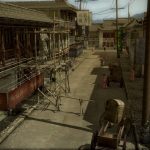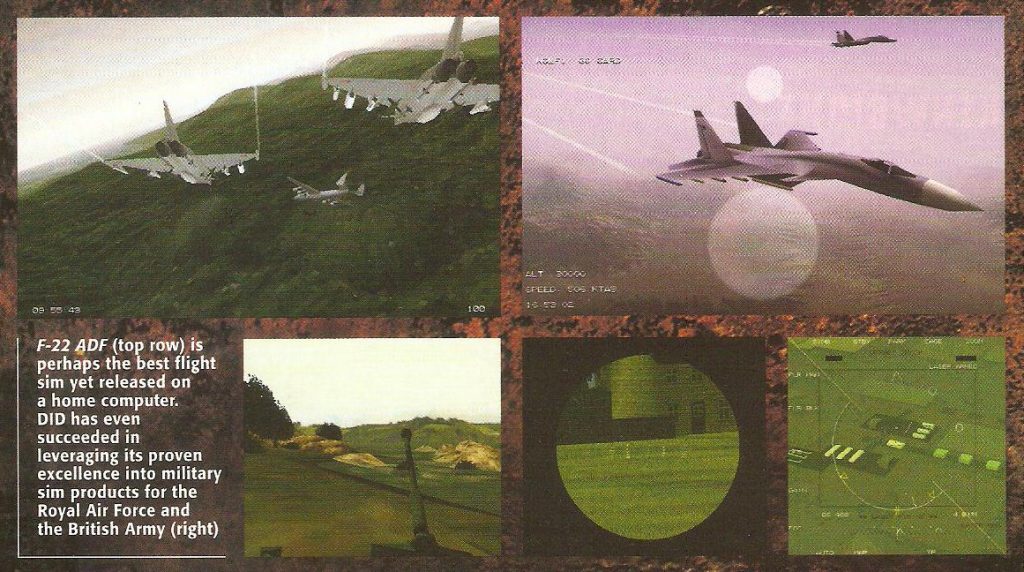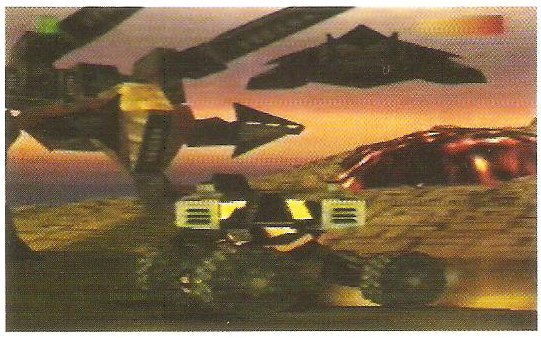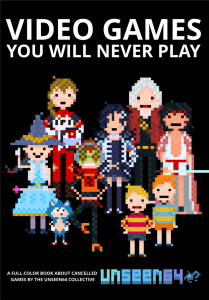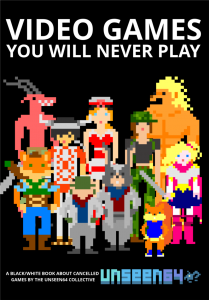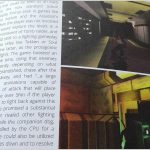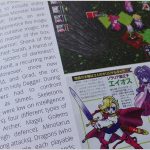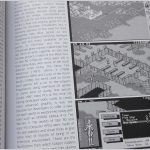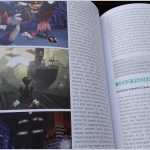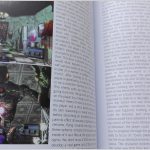Attack of the Killer Rabbids from outer Space, later retitled Killer Freaks from outer Space, was a first person shooter developed by Ubisoft Montpellier that would eventually become ZombiU for the Wii U.
Originally planned as an untitled horror shooter for the PS3 and Xbox 360 in 2010, the game was already intended to be a part of the Rayman spinoff series Raving Rabbids wherein earth was attacked by a much more frightening “cousin” of the Rabbids. Early concept art depicts them as being very similar looking to the Rabbids but with sharp teeth and, in some instances, missing their eyeballs. Also revealed in concept art were designs for different types of enemies such as a basic trooper, a shield trooper, a giant Rabbid, UFOs, and a variety of other alien vehicles. Multiple soldiers can be seen fighting the Rabbids in some of the art, suggesting that would the player would not only be taking the role of one of these soldiers, but there would be co-op multiplayer as well.
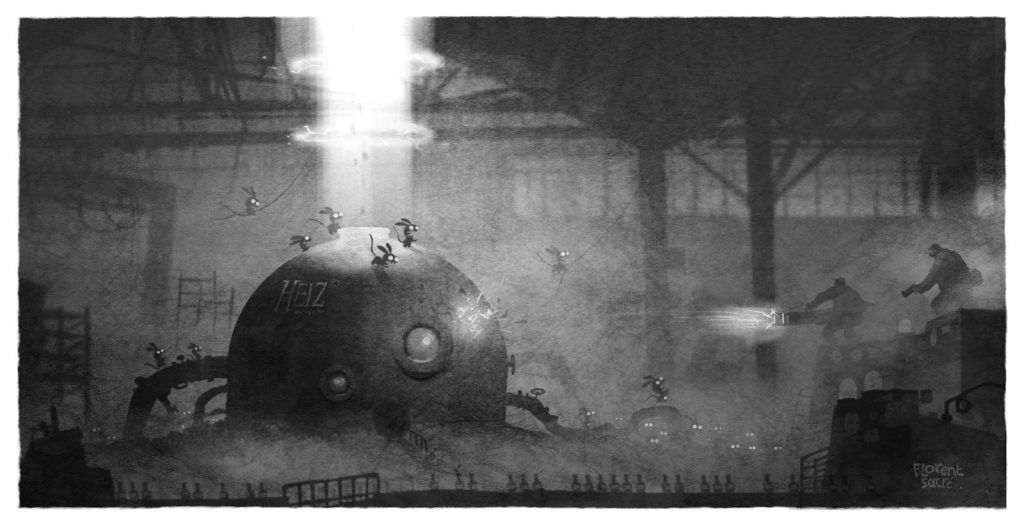
This more “mature” tone and the level of violence in the game began to cause concern among the game’s developers as they felt it was begin to stray too far from the child friendly franchise. “We thought about making them cousins to the Raving Rabbids,” designer Jean-Karl Tupic-Bron stated in in an interview with Polygon, “but quickly decided to split [it off]- This is not what Raving Rabbids is all about.”
In response to the issue they changed the invaders from “Killer Rabbids” to “Killer Freaks” and officially revealed the game under that title at E3 2011 as a launch game for the Wii U. While the Freaks remained very similar to the Rabbids in size and stature they were given a much more reptilian appearance to differentiate them from their earlier counterparts. Set in a post-apocalyptic London, the game pitted 1-4 players against hordes of the Freaks with an arcade run n gun style of gameplay complete with a point system. An early trailer and gameplay video revealed a variety of weapons that could be used against the Freaks ranging from handguns and shotguns to a buzzsaw launcher and electricity gun.
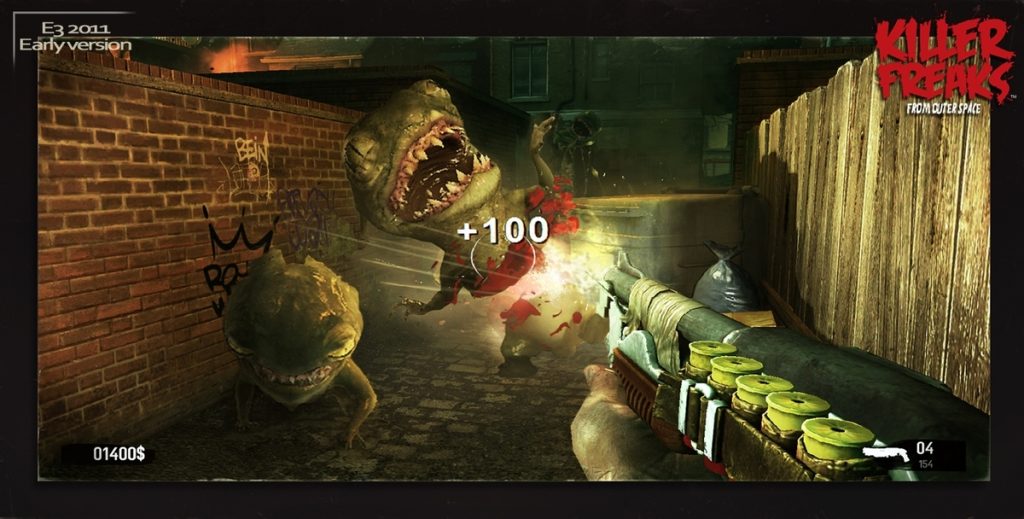
Despite the early footage getting a positive response the team still wasn’t satisfied with what the game was turning out to be. The driving force behind this was their desire to create an experience tailor suited for the Wii U, something that the fast paced shooter that they had made didn’t deliver on. Another reason was that the Freaks, despite being well liked by the team, were too small and forced players to look towards the ground for a majority of the game. It is because of these pacing and gameplay issues that the team decided zombies were the next logical step.
Many of the aspects were completely overhauled in the transition to ZombiU, with Tupic-Bron citing the one vs many book and film I am Legend as a major inspiration towards the change. First and foremost the pace of the game was significantly slowed down, hence the change to zombies as they are generally depicted as being slow and stumbling. They introduced a focus on preparation, patience, and inventory management as opposed to the frantic gameplay in the previous installment.
This allowed them to utilize the Wii U pad more effectively, as it was now used for vital gameplay features such as displaying the map and organizing the player’s inventory. They also abandoned the more comical aspects of the game in favor of a darker and more serious tone. Co-op was also removed and instead was replaced by a unique “one death” in which every survivor the player controlled only had one life, and the next survivor the player controlled would have to make their way to the now zombified previous survivor and kill them for their supplies. One of the only aspects that remained relatively unchanged was the vs multiplayer in which one player would control an army of aliens/zombies with the game pad, while the other would try and survive as long as possible with a Wii-mote and nunchuck.
ZombiiU was released on November 18th, 2012 and ports for the Playstation 4, Xbox One, and PC were released on August 18th, 2015. News of a sequel in development began to spread when creative director Jean-Phillipe Caro mentioned working on a prototype, but It has since been 100% denied by the Ubisoft CEO Yves Guillemot as the game was not financially successful for the company. It has been more recently revealed that this proposed game would have re-instated co-op gameplay like in the previous installments. Ubisoft Montpellier continues to work on big franchise games such as the next Ghost Recon and the sequel to their cult hit Beyond Good and Evil.
Images:
Videos:






